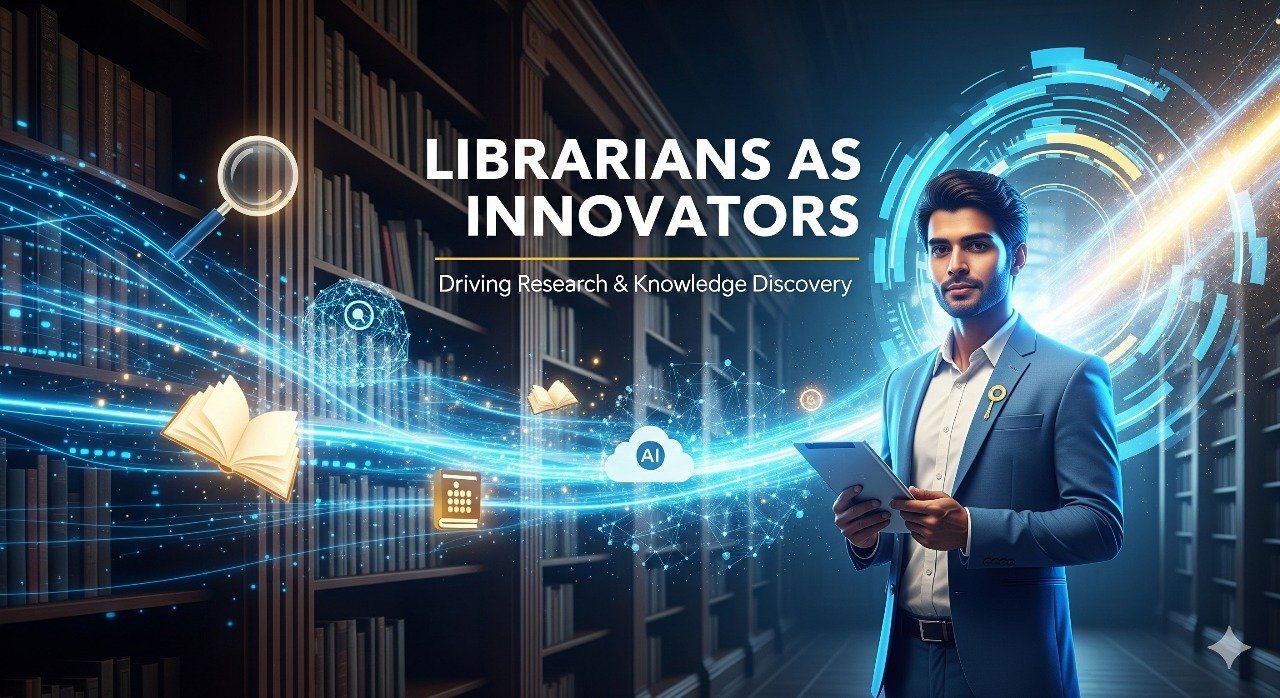
In today’s digital-first world, information is everywhere — but not always reliable, relevant, or easy to access. This is where librarians step in as more than just guardians of books. They are innovators, knowledge managers, and guides of discovery who empower learners, researchers, and communities to navigate the ocean of information with clarity and purpose.
Gone are the days when librarians were only responsible for shelving books. Modern librarians:
Curate digital resources to ensure access to authentic and updated knowledge.
Integrate technology into learning environments with e-libraries, databases, and digital tools.
Support research by teaching skills in information literacy, critical thinking, and data evaluation.
This shift makes librarians key innovators in the field of education and knowledge management.
Behind every groundbreaking thesis, academic paper, or research project, there is often a librarian guiding the way. They:
Help scholars identify credible sources from vast digital collections.
Provide training in research methodologies and citation management.
Build connections between students, researchers, and the information they need to create new knowledge.
By doing this, librarians become partners in academic success and drivers of research excellence.
Librarians are not passive providers of information — they empower people to discover knowledge independently. Whether it’s a student exploring their first project, or a scholar preparing advanced research, librarians foster:
Curiosity by encouraging exploration of diverse resources.
Confidence by equipping learners with digital literacy skills.
Creativity by guiding innovative approaches to knowledge use.
Beyond schools and universities, librarians also strengthen communities. They create inclusive knowledge spaces where everyone — regardless of background — has equal access to information. By doing so, they promote social responsibility, lifelong learning, and informed citizenship.
The role of the librarian is no longer confined to the library walls. Today’s librarians are leaders of innovation, partners in research, and architects of knowledge discovery.
At Scholars Group of Education, we recognize the vital role librarians and library science professionals play in shaping the future. Through our B.LIS program, we aim to nurture forward-thinking professionals who are ready to lead in this era of information and innovation.✨